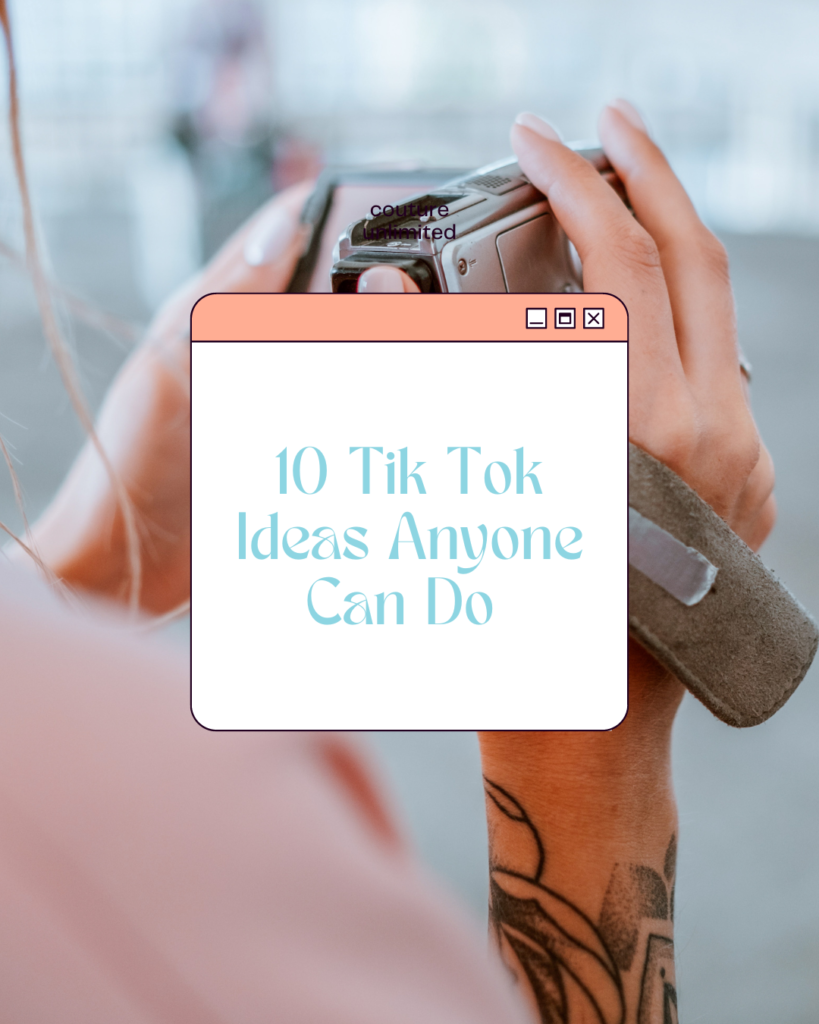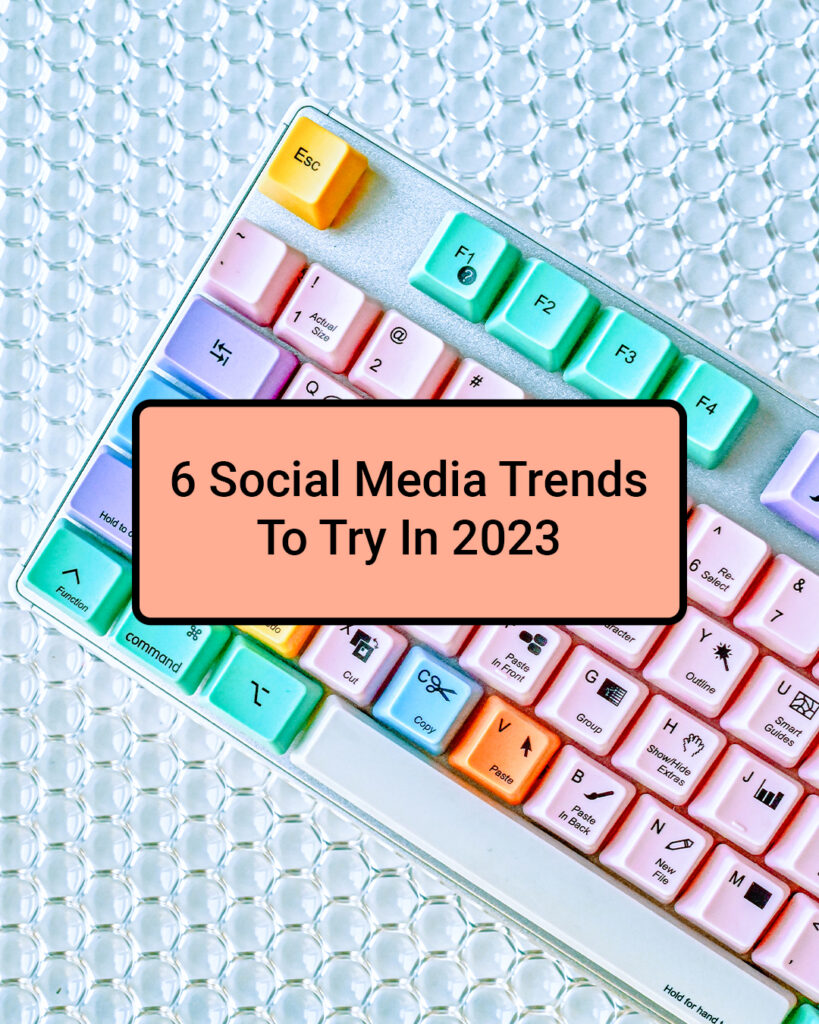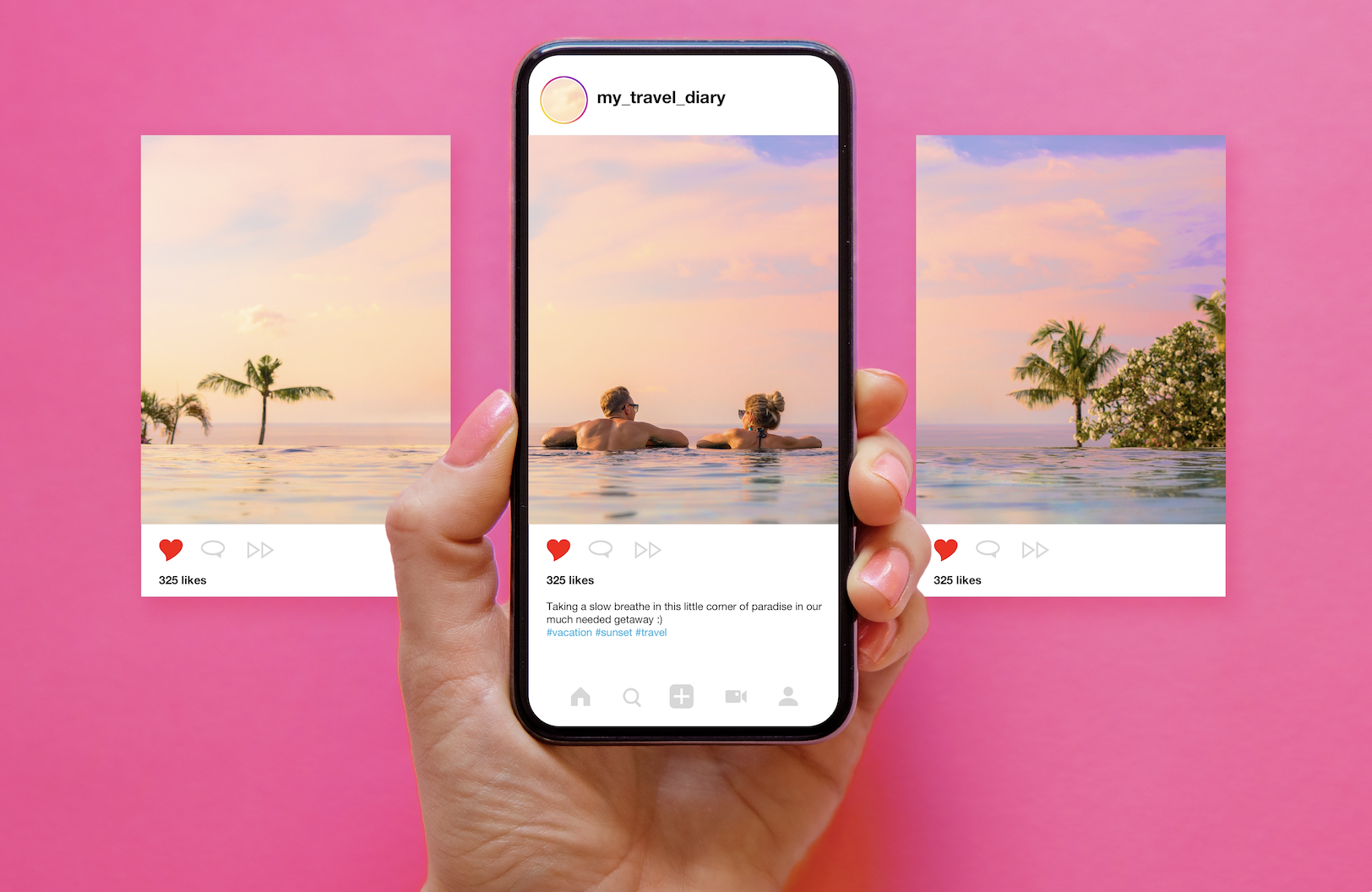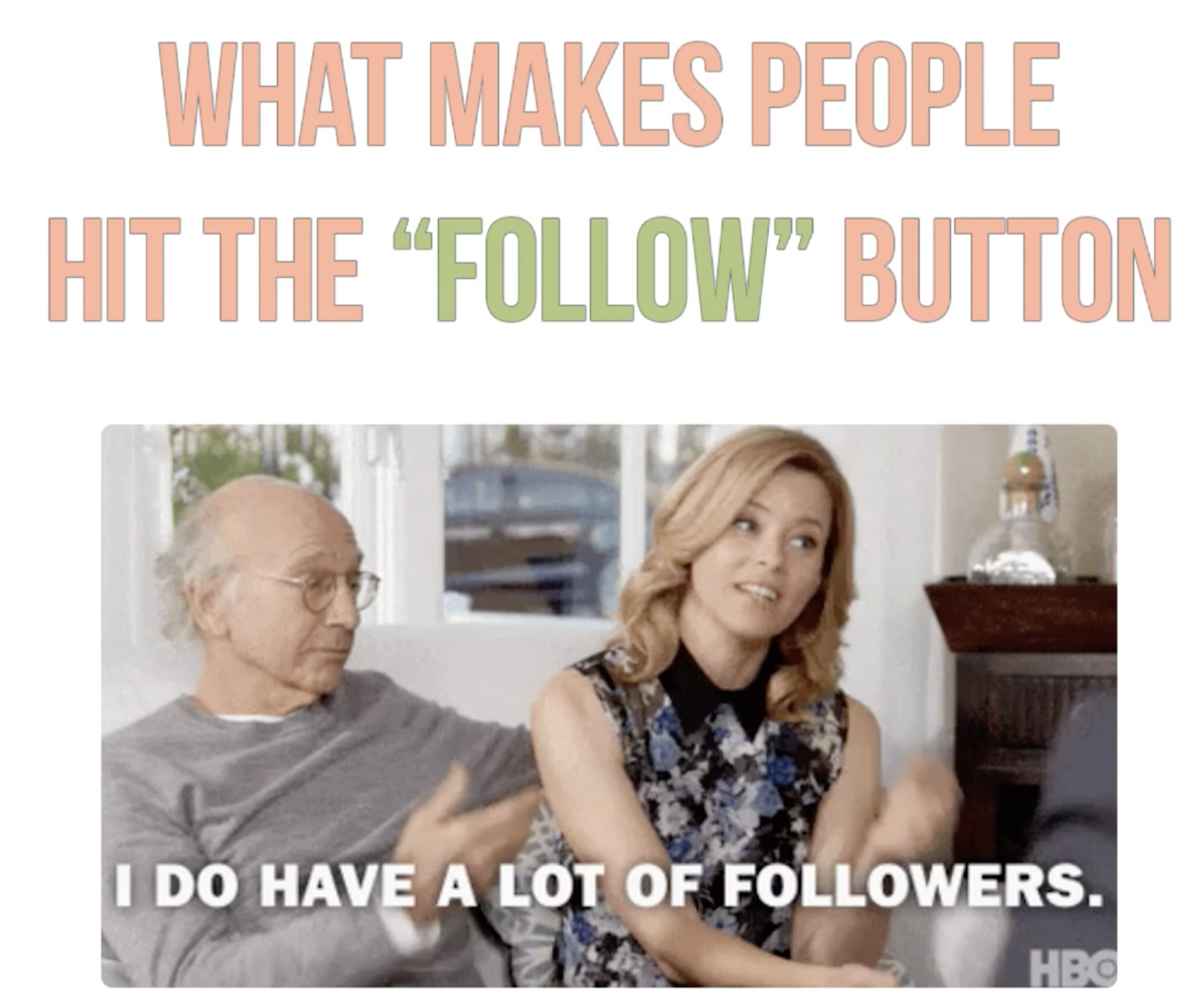
It’s no secret that people gravitate towards emotional words. Whether it’s a sentence that makes us feel wonderful or a couple of simple words that invoke sadness, emotional language is universally intriguing. That sense of curiosity can easily be a motor that moves a reader’s hand to their mouse to perform that ever-sought-after “share.”
In his blog post last month, Barry Feldman, a content marketing consultant and social media advisor, discussed the idea of writing emotionally charged headlines as sort of a science. Turns out, the emotionality of certain words and phrases is measurable in a quantitative way.
A program created by Advanced Marketing Institute called the Emotional Marketing Value, or EMV, can tell you how your headlines score on a scale of 0 to 100. With that, any marketer or blogger can check and double-check if their headlines are up to snuff with their emotional potential.
People will only really be interested in reading something that they feel caters to them, or that they feel is important. Think about it, how many shared links have you scrolled past on Facebook or Twitter, dragging your eyes down the page until something strikes you? You may not be entirely sure why, but in the middle of reading the first five or so words, your hand is already gliding your cursor to it, and just like that… click.
It’s remarkably simple, and at the same time, simply remarkable. The most notable piece of it all, though, is the fact that this skill of influencing the public through expressively inspired phrases is not solely for the purpose of a blog or an article. This can be directly related to the principles of social media marketing.
Tweets are short sentences or few-word phrases, so couldn’t the concepts of Feldman’s post also work in the benefit of marketing yourself on Twitter? It’s the same idea in theory as a flyer stuck onto a bulletin board in a populated area. The author of that flyer has to make sure the headline is enough in and of itself to reel you in – the body of it is just the line that pulls you further into their boat. However, the Internet as a whole is a far larger place than, say, a popular cafe near a music venue.
In the broadest platform for communication in the world, with other marketers and businesses talking about similar topics, the pressure to be noticed can be overwhelming. There are so many things to see that it becomes difficult to answer the question of why people should pay attention to what you have to say and look at your posts on any given subject.
So perhaps the answer is that if you value your words enough to add them to the inconceivably vast, constant international conversation that we call the Internet, then it’s up to you to make an impact with the very first few words that you type.





